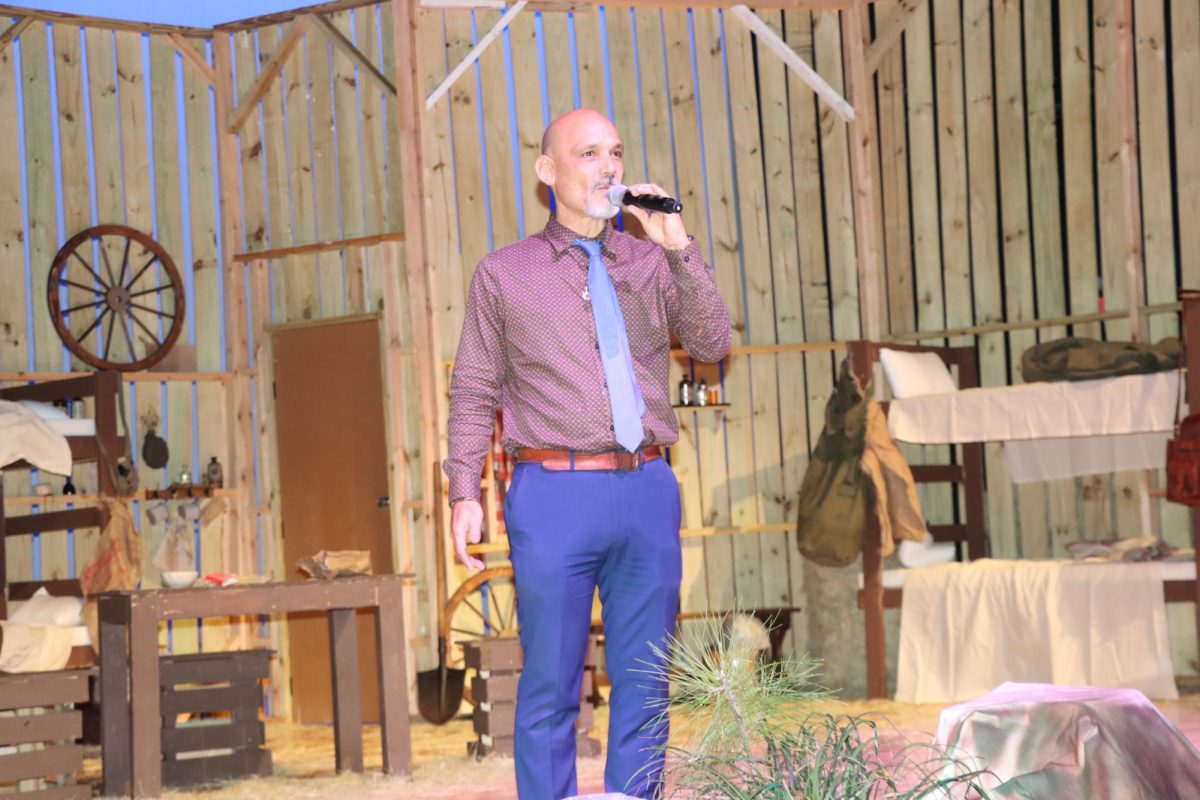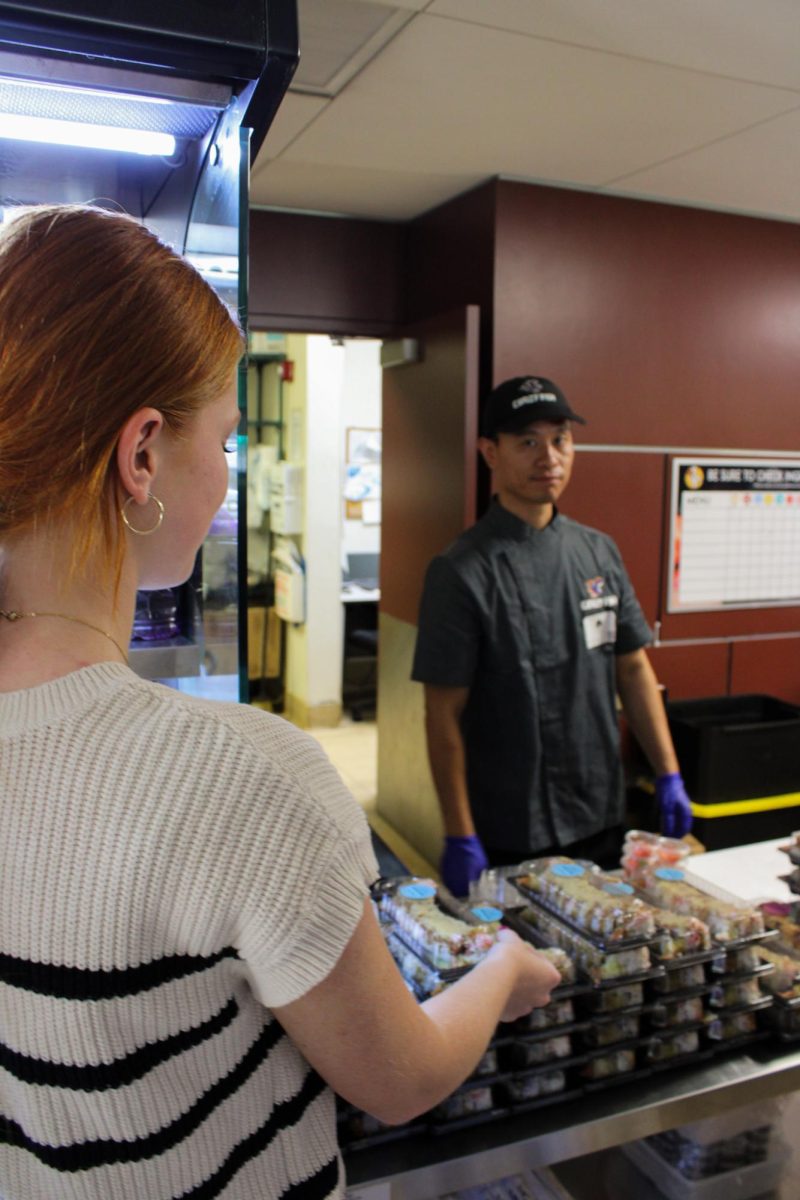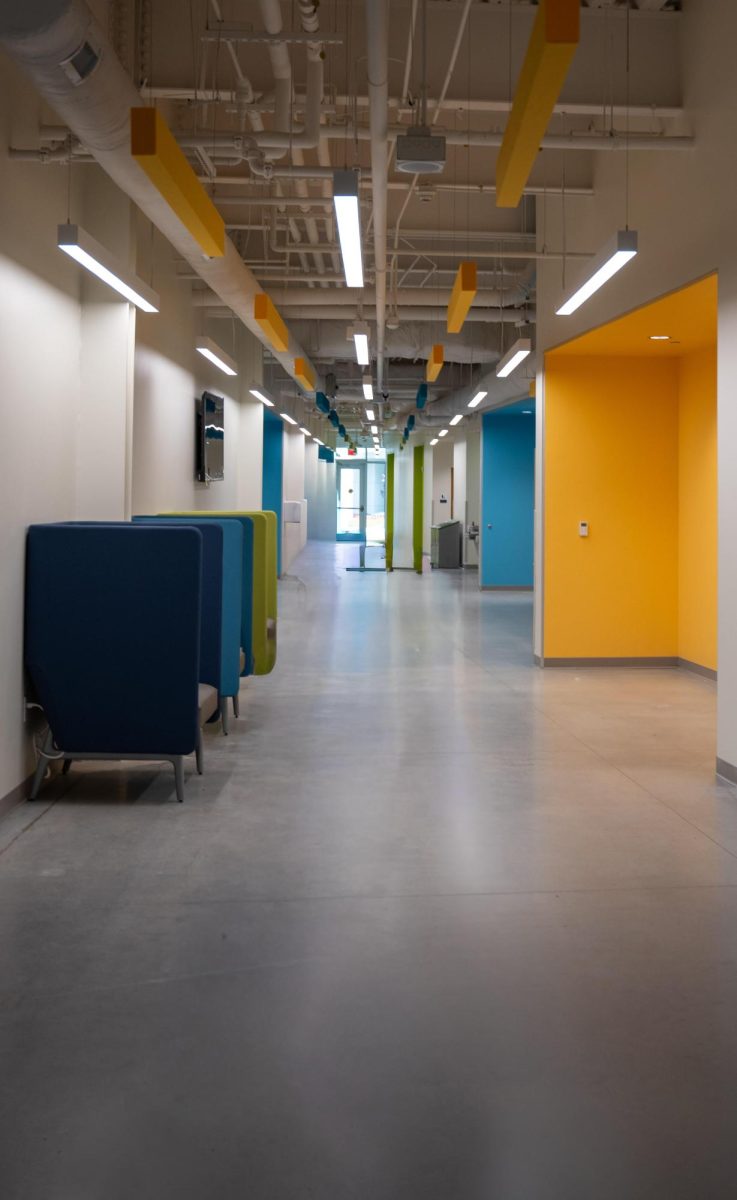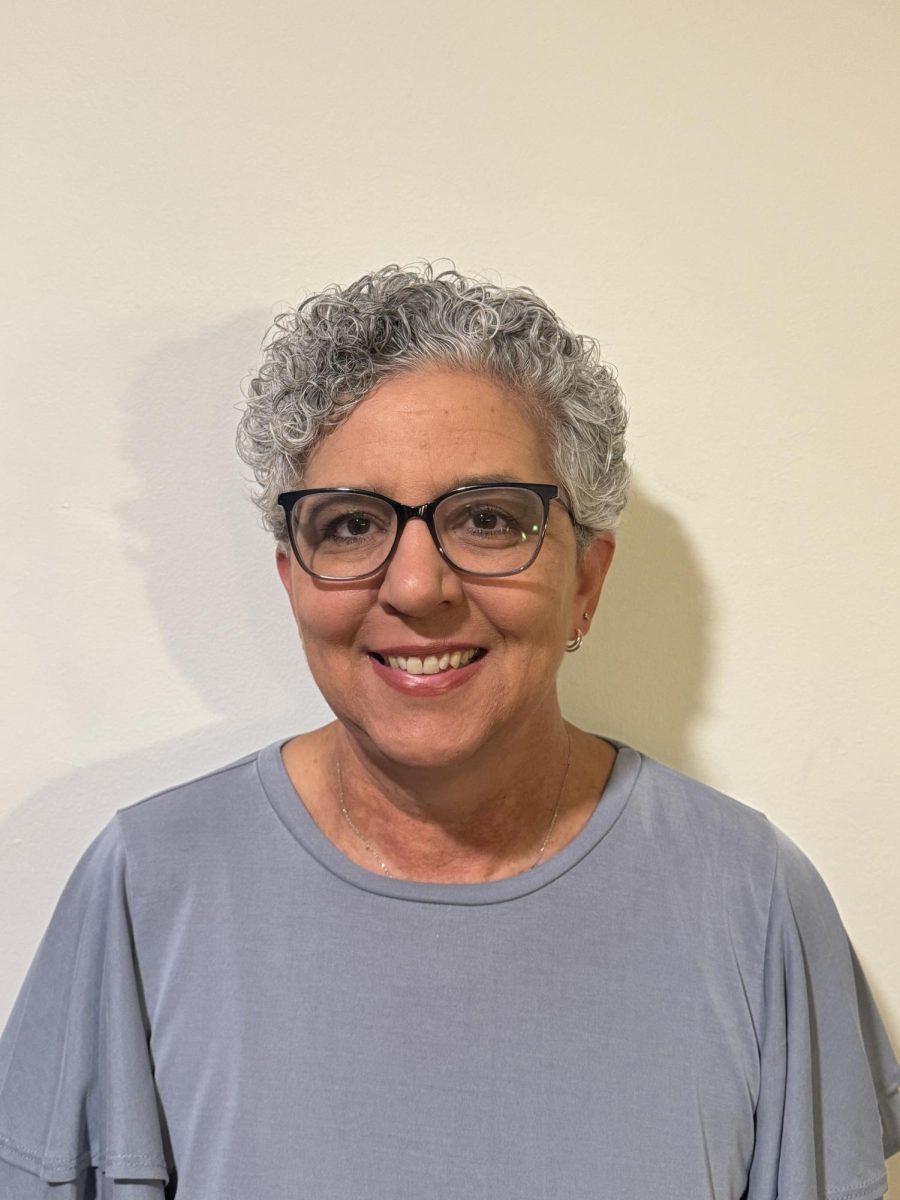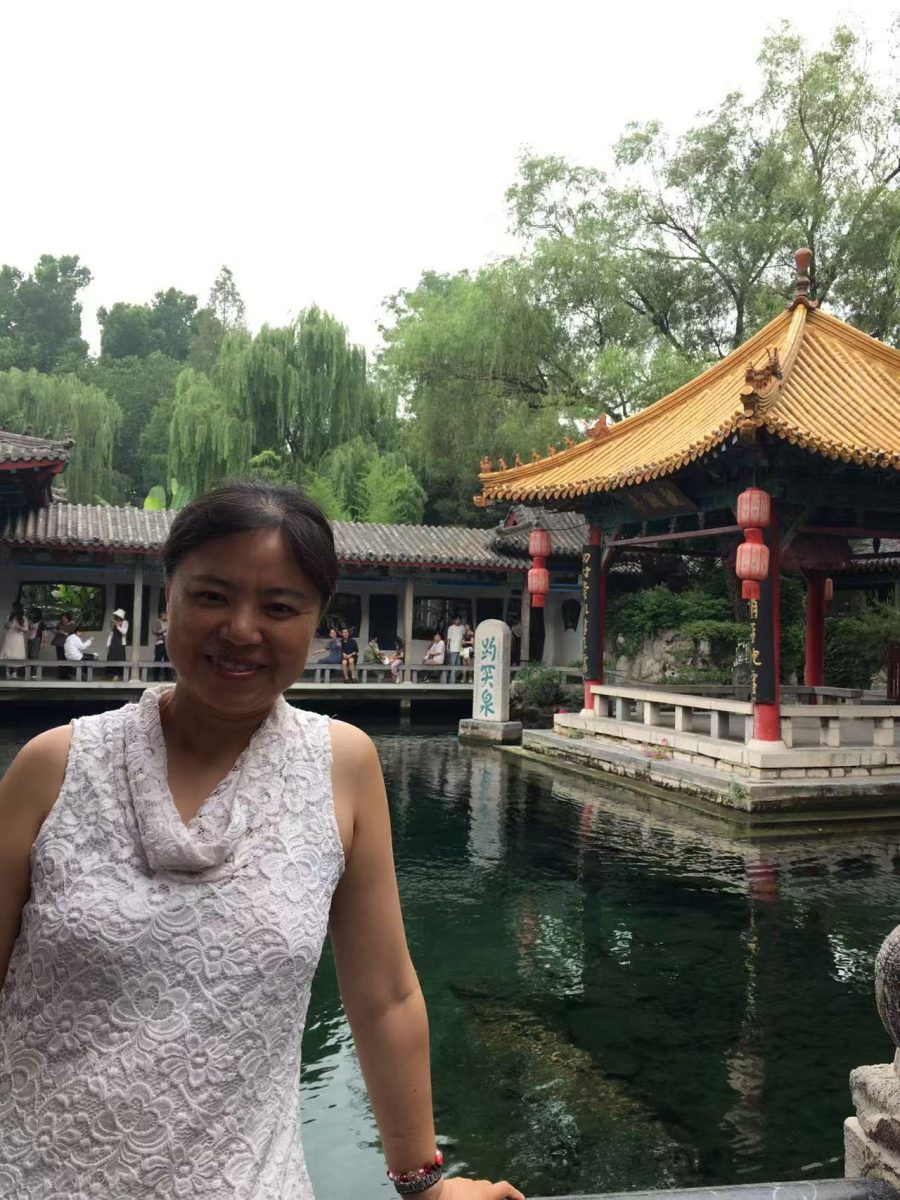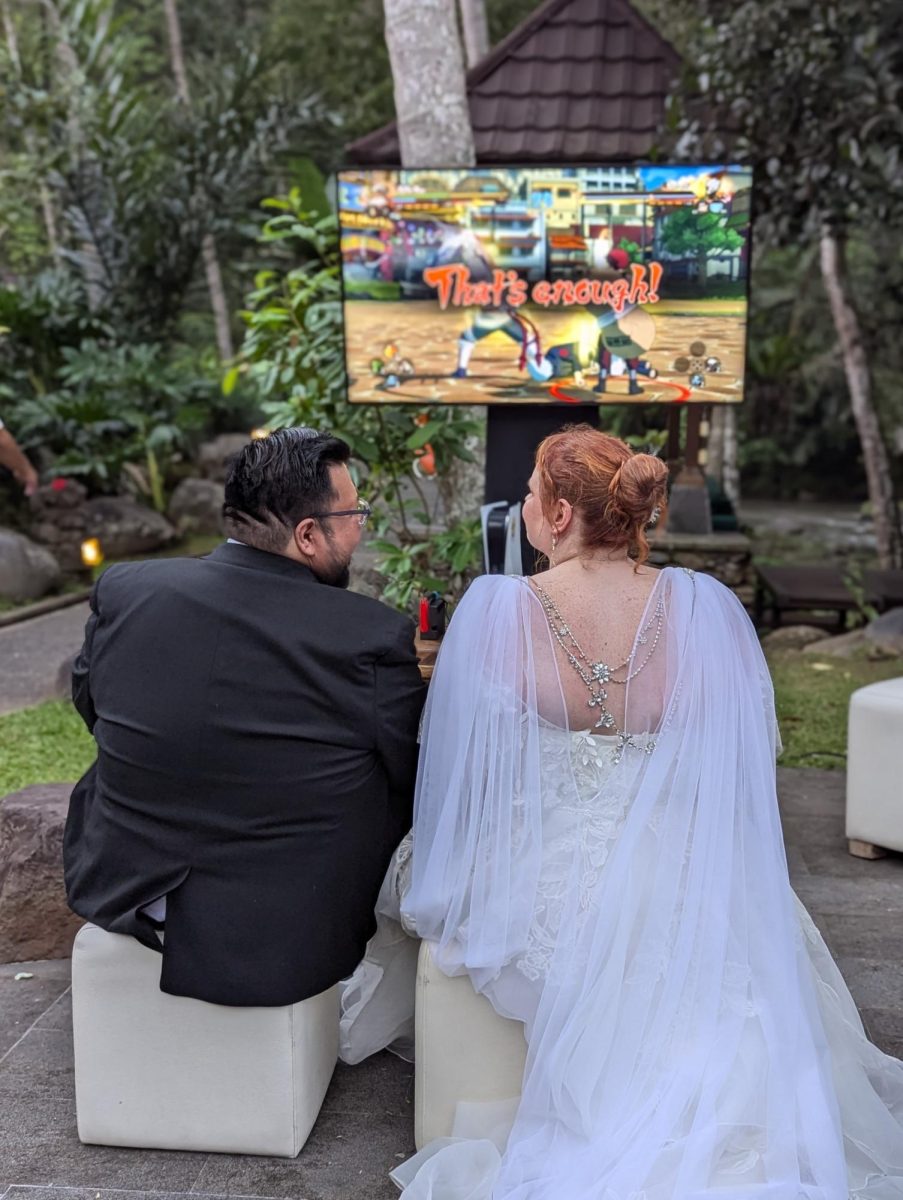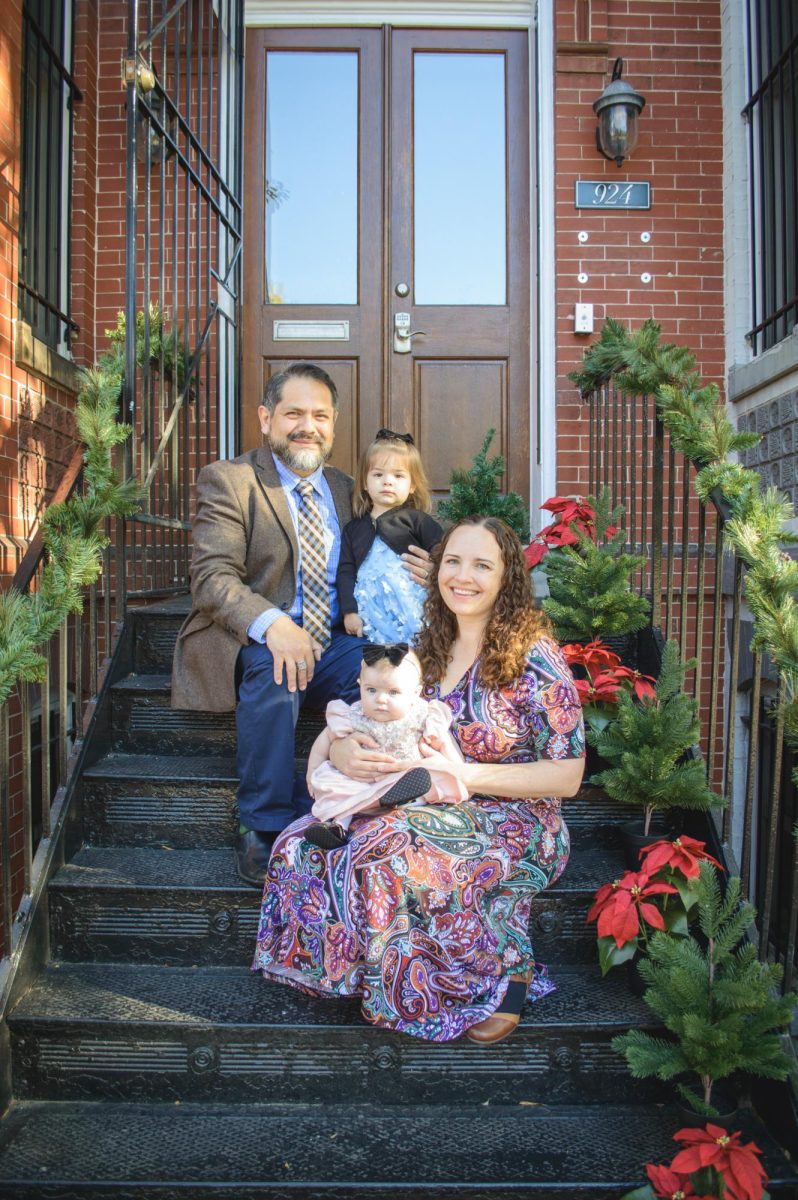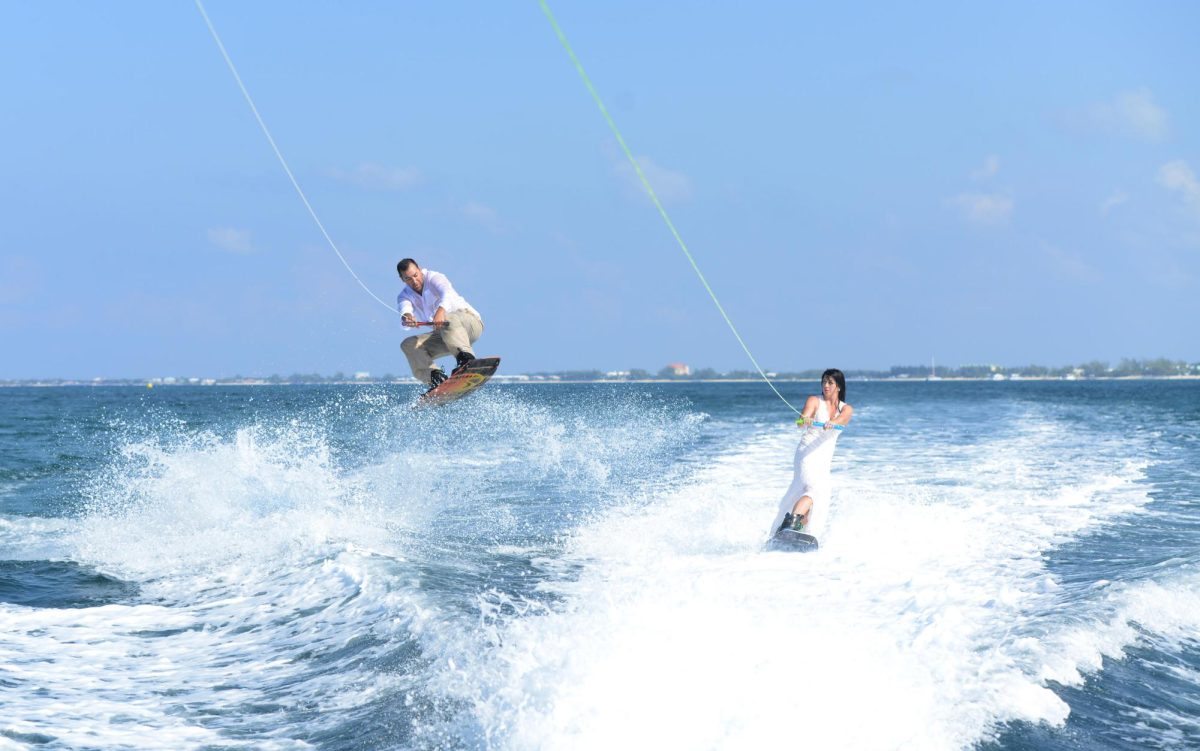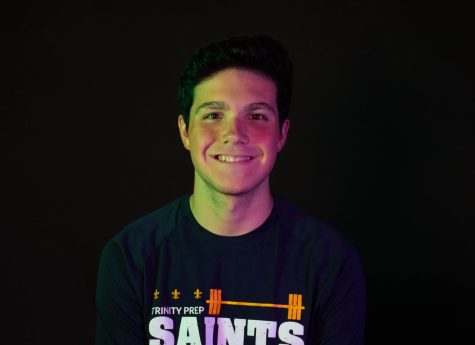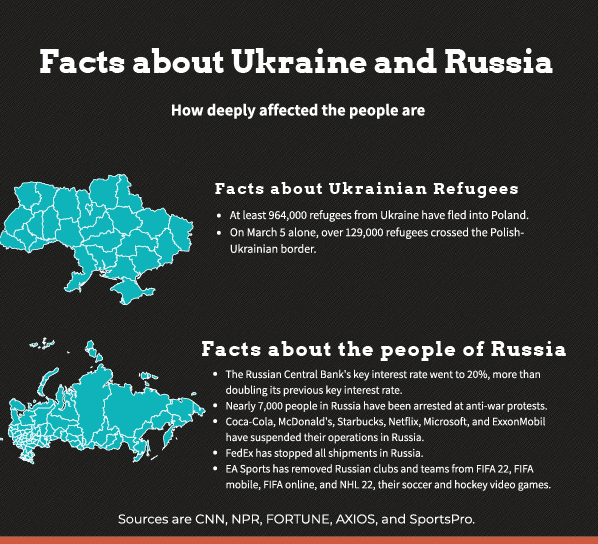
On Feb. 24, Russia’s President Vladimir Putin declared that Russia would launch an invasion on Ukraine. Putin escalated what has been ongoing since the end of the Cold War border dispute between what used to be the Soviet Union and Ukraine.
Social science teacher Brandon Burmeister, who teaches several government classes, has been regularly keeping up with what has been going on between Russia and Ukraine. He said the recent events are an extension from the Orange Revolution, which started in 2004. During the revolution, Ukraine, a former Soviet state, no longer wanted to be associated with Russia, so a sequence of political protests occurred.
“They’ve been building towards that for a long time, and what these people generally want is their freedom to choose their own system of government, to choose their own way of life, and Vladimir Putin, in his perspective, wants to reestablish some of the control structures that he used to have during the USSR,” Burmeister said.
Putin is not only trying to control Ukraine, but he is trying to restore the Soviet Union’s previous power. Putin also sees financial advantages to invading Ukraine.
President Joe Biden has ruled out sending troops to Ukraine, as according to an article by the New York Post, Biden is doing this “as a way to deter Putin from invading.” However, the United States might eventually provide military support if Putin does something even more drastic.
According to an article by Defense News, multiple countries, most of which are part of NATO, are sending military supplies to Ukraine. Countries such as Norway, Sweden and Germany are sending anti-tank weapons to Ukraine. The Netherlands and Germany are sending Stinger missiles as well.
One of Putin’s concerns is that Ukraine would join NATO. At this point, they are not part of the international organization. However, joining NATO would put into effect rule five, which means that if one country is attacked, the rest of the NATO countries come to their defense.
Burmeister has been using this as a learning advantage for his classes, and in his comparative government class, their current case study happens to be Russia. The recent conflict has given the class a chance to learn and debate on a daily basis.
Sophomore Rhea Maniar, who is in the comparative government class, got to watch her classmates whose case study was Russia, present their findings.
“[My classmates] focused on the political structure, institutions, cleavages, demographics, the economic situation of Russia, how their main natural resource is oil, and they also talked about the history of Russia and why they invaded Ukraine,” Maniar said.
Just like Burmeister, Latin teacher Bozena Lawson, who grew up in and has family in Poland, has also been keeping up with the conflict in Ukraine.
“Basically, I’ve been listening to and watching nonstop,” Lawson said. “I use many sources of information, not just one source. I use the internet, Polish TV and of course American media sources.”
Lawon’s family in Poland, along with her friends here in the United States are collecting monetary donations, medical equipment, the first aid kits, and food.
Lawson said that one of her brothers, who is a director at the Polish Academy of Science, has been organizing places for scientists and their families that have been arriving from Ukraine. Lawson’s other family members have been organizing and helping in any way they can as well.
Lawson also said that the Polish government and the Polish volunteers are trying to speed up the process of helping the people who cross the border from Ukraine, and are also helping out by giving them food, medical attention and transportation to places where they can hopefully stay.
Lawson says that the international students will get involved to help the people in Ukraine.
“We are organizing a fundraiser to support the needs of the Ukrainians,” Lawson said. “Perhaps the students can use a charity of their choice.”
Junior Max Balon, whose father is from Kharkiv, Ukraine, partnered up with the Ukrainian church of Apopka to help start a fundraiser for the school.
“[The fundraiser is] there will be an Amazon wishlist, as well as four large boxes around campus that will be collected, [and there will be] basic medical supplies needed for Ukrainian citizens and refugees,” Balon said.
The fundraiser will go on for two weeks, and the items that are collected will stay at Trinity until the two weeks are over. Those items will then be shipped to the Ukrainian church of Apopka, and the key club members, or whoever wants to help out, will package all of the items at the church. The items that were brought in and packaged will be sent to Poland to help out the Ukrainian refugees in Poland and help out the Ukrainian citizens in Ukraine as well.
“Honestly, I think that what’s going on right now is honestly terrifying for so many people, and little things like [the items] will help out the struggling Ukrainians and can actually make a difference,” Balon said.





